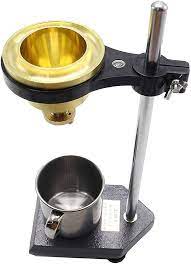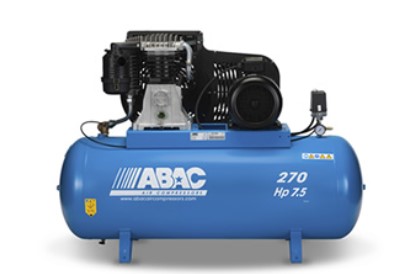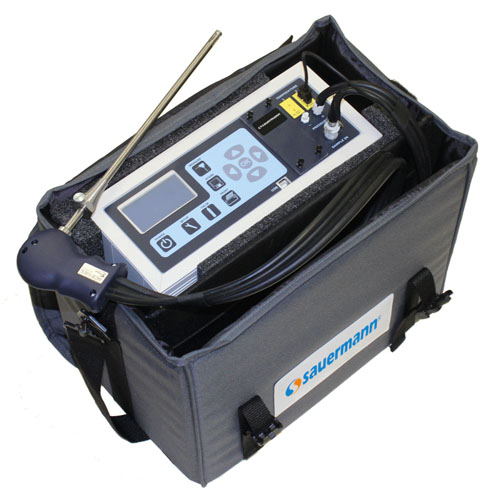
"Viscosity Measurements in Food Products and
Manufacturing"
• Viscosity is the internal friction of a liquid, affecting
its ability to resist flow.
• It is often used as an indicator of product quality, with
thicker liquids considered superior.
• Viscosity is also a characteristic of food texture,
necessitating control and measurement in production for consistency.
• Liquid food systems can be shear-sensitive, causing
structural breakdown during mixing or pumped through pipes.
• Early Bird booking for Food Integrity Global is now open,
offering insights from senior decision makers, discussions on food safety,
sustainability, transparency, trust, and food safety culture.
• Attendees can meet innovative manufacturers, retailers,
and ingredient suppliers, and connect with peers during networking breaks and
social events.
Understanding Viscosity in Food Industry
Newtonian and Non-Newtonian Behavior
• Newtonian behaviour is observed in simple liquids and long
chain polymers at low concentrations.
• Non-Newtonian behaviour is not observed if shear stress is
doubled during a viscosity test.
Viscosity Dependence on Shear Rate
• Viscosity of some fluids is dependent on the rate used to
shear the material.
• High shear rate makes the fluid thinner compared to the
fluid that was sheared more slowly.
• Material showing this type of behaviour is called
pseudoplastic.
Viscosity Dependence on Concentration
• Fluids with larger, more complex molecules have higher
viscosities.
• Long chain polymers found in foods such as proteins,
starches, hydrocolloids, or gums have higher viscosities.
• The viscosity of water is low as the molecules are small.
Temperature's Impact on Viscosity
• Viscosity decreases significantly with increase in
temperature.
• The internal friction of the liquid decreases as molecules
move about more and spend less time in contact with each other.
• To achieve accurate measure, the test conditions to
measure viscosity should be tightly controlled.
Viscosity Measurement Instruments in the Food Industry
• Bostwick consistometer is a simple instrument used in the
food industry to measure viscosity for quality control.
• Rotational viscometers measure the torque required to turn
a spindle in a sample of fluid at a known speed.
• Different configurations of measuring systems are
available, depending on the consistency of the material being tested.




